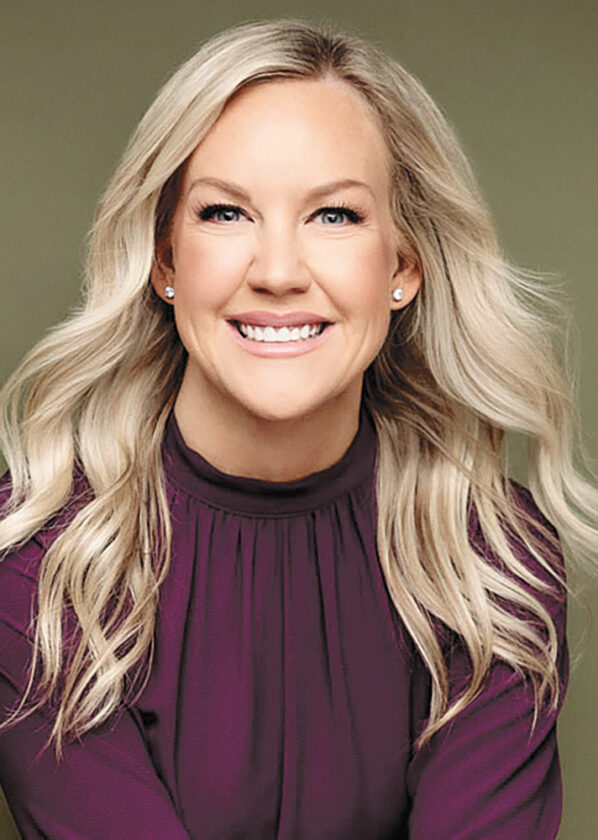As our nation faces what could become the longest federal government shutdown in U.S. history, families are understandably anxious. Programs like food stamps that help bridge the gap for those in need are uncertain, and fear often grows in that space.
Yet moments like this also create opportunity. When the government slows down, civil society can rise up. Churches, ministries and nonprofits can move quickly, serve with compassion and respond in ways that bring real hope.
Food stamps play an important role in helping families through hard times. They were created as a temporary resource to help people stabilize, find work and become self-sustaining. But over time, what was meant to be a bridge has, for many, become a long-term stop. The number of people receiving SNAP benefits has more than doubled in the last 25 years, and the number of able-bodied adults without dependents on the program has tripled.
Many families want to move forward but feel trapped by a system that punishes progress. When earning a few extra dollars means losing critical benefits, the safer choice can feel like standing still. This is not what human dignity looks like.
The truth is, those closest to the problem are often best equipped to fix it. The people and organizations rooted in local communities, churches, ministries, food pantries and nonprofits know the faces and stories behind the need. They understand the barriers, the opportunities and the unique strengths of their neighbors. Civil society is not a backup plan – it is the heart of the solution.
That’s why organizations like Better Together exist, to bring communities together around hope, connection and opportunity. We believe the answer to poverty and instability is not more programs, but more people stepping up for one another. When churches and nonprofits unite to help parents find jobs, strengthen families and build support systems, lasting change begins to take root.
Nearly half of all churches and faith-based ministries already serve their communities through food programs. That’s roughly 150,000 local efforts, plus more than 60,000 food pantries across the country. These groups are already doing the work, meeting needs, building trust and offering hope with a personal touch that no federal program can replicate.
Communities can build on this strength. Local leaders can create shared online lists of food programs and services, making it easier for families to find support quickly. Tools like Charity Tracker and Meet the Need help organizations coordinate and share resources so people don’t slip through the cracks. Families, businesses and church groups can also come together to prepare and distribute fresh, healthy produce boxes through partners like Farm Share, a Florida-based organization connecting local farms to families through community-driven food events.
Better Together has seen firsthand that when people come together to serve, the results go far beyond a single meal or paycheck. Parents find encouragement, families rebuild stability and individuals rediscover purpose. That kind of transformation cannot be achieved by government programs alone. It happens through relationships, accountability and faith in what is possible when neighbors care for neighbors.
Government programs can serve as a bridge, but people build the path forward. Families, churches and nonprofits are the foundation that helps individuals not only survive but thrive.
When the government stops, the community does not. Solutions come from neighbors, churches and local leaders who refuse to wait. When we rise together, we feed families, strengthen dignity and build lasting communities.
Hardship is not just a policy challenge; it is a human challenge. And the strongest answers always come from people who show up for one another.
We are better together, not just in crisis, but every day.
Megan Rose is the CEO of Better Together, a privately funded nonprofit organization that helps parents in crisis address the root causes of their struggle and keep their children out of foster care. To learn more, visit BetterTogetherUS.org.

